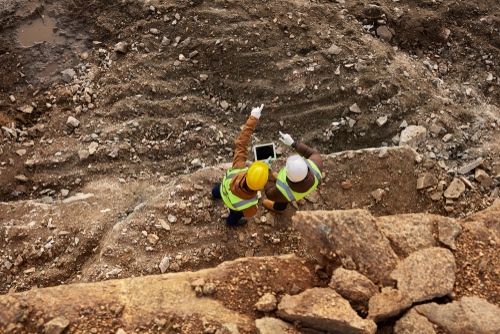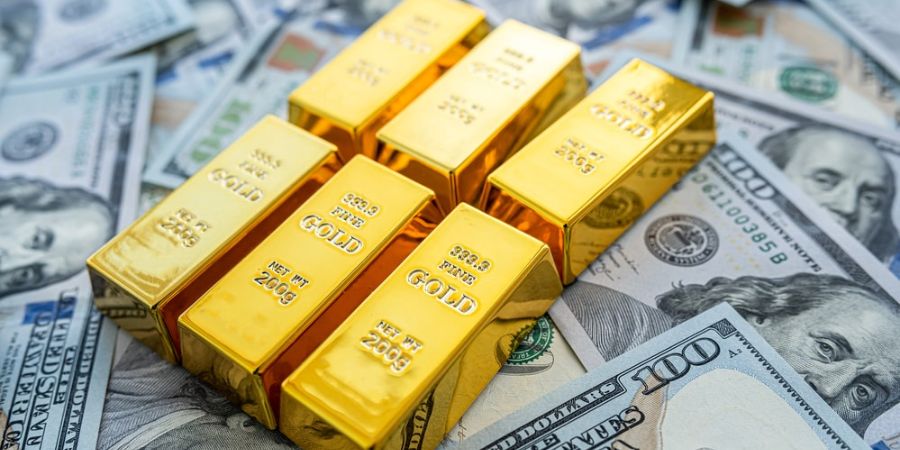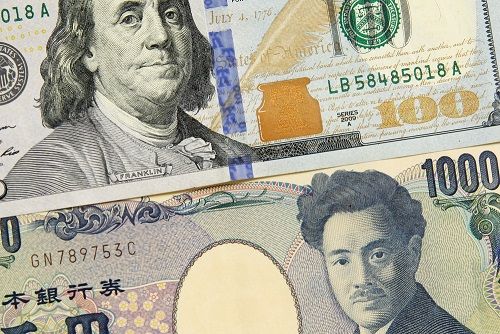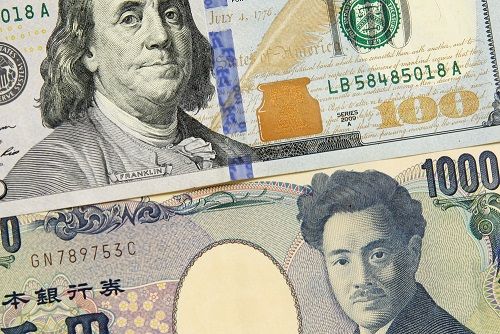A Guerra Fria da Reserva Nacional de Bitcoin : Japão, Rússia, EUA, Hong Kong, Alemanha e El Salvador expressam suas posições

A corrida para estabelecer reservas nacionais Bitcoin está a remodelar as estratégias geopolíticas à medida que nações de todo o mundo procuram posicionar-se como líderes financeiros globais. A criptomoeda mais proeminente, Bitcoin , tornou-se uma pedra angular nesta “Guerra Fria pelas reservas criptográficas”, com grandes potências como os Estados Unidos, a Rússia, a China, o Japão e outros que procuram sair vitoriosos.
De acordo com dados da Arkham Intelligence, mais de 10 países conhecem participações em BTC. Relatórios não verificados colocam os Emirados Árabes Unidos no topo da pilha, com mais de 420.000 BTC em seu portfólio.
No entanto, os Estados Unidos são o atual maior detentor confirmado Bitcoin , com aproximadamente 198.109 BTC, avaliados em mais de US$ 18 bilhões a preços atuais de mercado. Os bens do país foram supostamente acumulados através de apreensões de bens provenientes de investigações criminais, como o caso da Rota da Seda.
A China está em segundo lugar na lista, seguida pelo Reino Unido, Ucrânia, Butão, El Salvador e Venezuela.
Os Estados Unidos pretendem ser uma sede global Bitcoin
Em um movimento para fortalecer ainda mais sua posição como líder global na adoção de criptomoedas, os legisladores dos EUA, incluindo a senadora Cynthia Lummis, do Wyoming, apresentaram uma proposta para adquirir mais BTC. O projeto de lei de Lummis, conhecido como “Lei Bitcoin ”, propõe que os EUA adquiram até 200.000 BTC anualmente durante os próximos cinco anos, visando um total de 5% do fornecimento global da criptomoeda.
O presidente dent Donald Trump adoptou este impulso para uma reserva estratégica. Na conferência BTC 2024 em Nashville, Trump endossou a criação de um “estoque estratégico Bitcoin ”, afirmando que sua administração manteria defi todos Bitcoin detidos pelo governo dos EUA.
O gestor de fundos de ações Grant Cardone, conhecido por administrar US$ 4,5 bilhões em ativos, expressou tron apoio à iniciativa de reservas BTC de Trump. Traçando um paralelo com o programa espacial do dent John F. Kennedy, Cardone acredita que tal medida poderia solidificar o domínio dos EUA no sistema financeiro global.
Donald Trump proporá colocar o BTC em nosso balanço de uma forma “enorme”. Os EUA estão numa corrida mundial pela dominação monetária. e Trump venderá ao povo americano que o BTC é VITAL para o nosso papel de liderança continuado no mundo, como Kennedy fez quando vendeu os EUA por ser…
— Grant Cardone (@GrantCardone) 26 de dezembro de 2024
Cardone also highlighted the growing movement among BRICS nations to de-dollarize their economies. He said, “Trump will sell the American people that BTC is VITAL to our continued leadership role in the world.”
However, Fed chair Jerome Powell disputed the idea, saying that the Central Bank can’t hold BTC and that matters involving digital currency should be discussed by Congress, not the Federal Reserve.
Japan and Russia hold back
While the US is planning to push ahead with its BTC strategy, Japan and Russia, who initially hinted at creating a BTC reserve, are backing away.
A recent proposal by Japanese lawmaker Satoshi Hamada suggested that Japan follow the US’ example and convert part of its foreign exchange reserves into BTC. However, Japan’s Prime Minister Shigeru Ishiba’s office stated that the government does not yet have a full understanding of BTC’s potential or the developments in the US and other countries.
As such, Japan’s stance remains non-committal, with further exploration of the idea expected in the future.
Similarly, Russia has ruled out the idea of creating a BTC reserve in the near term. Finance Minister Anton Siluanov has stated that while Russia may consider the possibility in the future, the volatility of BTC makes it a risky asset for national reserves.
Despite this caution, Russia’s interest in BTC has grown, especially since the imposition of Western sanctions. Reports indicate that state-controlled entities and oligarchs have been increasingly using BTC, signaling a shift toward decentralized finance.
The Russian government has also passed legislation legalizing crypto mining and facilitating the use of digital assets for international payments, paving the way for potential future moves toward a national BTC reserve.
China’s strategic holdings
China, the second-largest government holder of Bitcoin, has amassed an estimated 190,000 to 194,000 BTC, primarily through seizures linked to illegal activities, most notably the PlusToken Ponzi scheme. While China has not yet formally embraced Bitcoin as part of its national reserve strategy, the scale of its holdings is noteworthy.
In Hong Kong, Wu Jiexhuang, a member of the Legislative Council, has proposed that the region consider including Bitcoin in its financial reserves.
Jiexhuang pointed to relatively smaller nations, such as El Salvador, which have already integrated BTC into their strategic reserves, as well as US states that have taken similar steps. He noted that Trump’s push to make Bitcoin a strategic reserve asset could have significant implications for global financial markets, urging Hong Kong to study the potential impacts of US-based Bitcoin exchange-traded funds (ETFs).
Germany and the Bitcoin debate
In Europe, discussions are also underway about BTC’s potential role in national and regional reserves. Christian Lindner, former German finance minister, has called on the European Central Bank (ECB) and the Bundesbank to consider adding Bitcoin to their reserves.
Lindner argued that Germany and Europe cannot afford to fall behind in the growing global conversation about cryptocurrencies. He proposed that crypto assets, alongside traditional reserves like gold and foreign currencies, could help strengthen Europe’s financial resilience.
While the ECB and Bundesbank have not yet made a definitive move, Lindner’s remarks underscore the rising interest in Bitcoin within Europe, especially as the US leads the way in adopting it as a reserve asset.
El Salvador’s Bitcoin reserve milestone
El Salvador is among the most proactive nations in adopting Bitcoin. The country has now accumulated over 6,000 BTC, placing it sixth among the largest government holders of Bitcoin globally. El Salvador’s Bitcoin reserves, valued at approximately $570 million, have grown significantly as the price of Bitcoin surged from $45,000 to over $100,000 recently.
CRIME HAS FLATLINED IN EL SALVADOR.
Why?
1. God
2. Determination
3. Ignoring the naysayersWe applied the exact same principles to our Bitcoin strategy, and it paid off, big time.
Now, we’re taking the same approach with our deal with the IMF.
To succeed, we need the same… https://t.co/wCBxoZfkC7
— Nayib Bukele (@nayibbukele) December 19, 2024
The country’s consistent strategy of purchasing one Bitcoin per day has proven successful, with the nation recently making larger-than-usual purchases to further expand its holdings.
El Salvador’s President, Nayib Bukele, has celebrated the country’s Bitcoin reserves, noting that their value has increased by 127% since the country’s initial investments.
If nations continue accumulating Bitcoin reserves, it could signal the rise of digital gold, replacing traditional assets in national treasuries. Bitcoin’s decentralization, limited supply, and resistance to inflation challenge the dominance of fiat currencies like the US dollar and Chinese yen. Crypto could reshape global finance and influence the way countries store wealth.
From Zero to Web3 Pro: Your 90-Day Career Launch Plan







